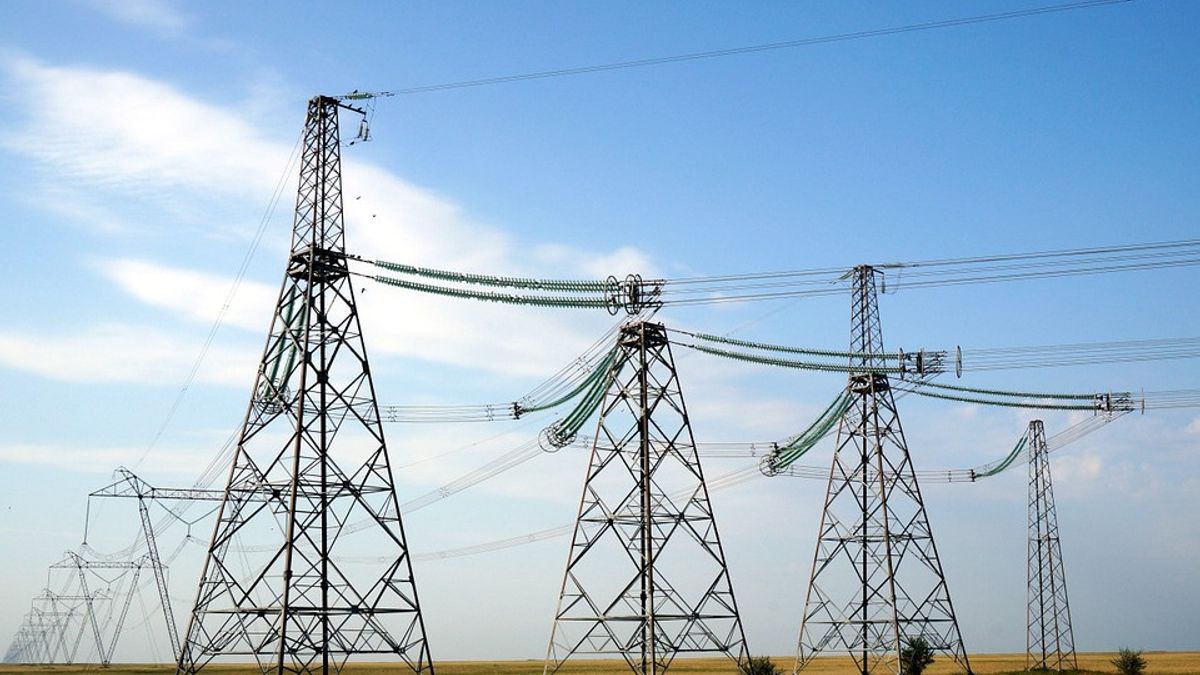JAKARTA - On Wednesday, January 5, Kazakhstan, the world's second-largest country in terms of Bitcoin (BTC) mining hash rate, experienced unprecedented political unrest. This is due to the sharp increase in fuel prices.
As a result, the head of the country's cabinet was forced to resign, after the state-owned Kazakhtelecom shut down the country's internet network, causing network activity to drop to 2% of the daily average.
This move dealt a severe blow to Bitcoin mining activity in the country. As per data compiled by YCharts.com, the Bitcoin network's overall hash rate fell by 13.4% within hours of closing from around 205,000 petahash per second (PH/s) to 177,330 PH/s. Previously, the country accounted for 18% of the Bitcoin network hash activity.
SEE ALSO:
Just days earlier, the Kazakh government removed a price cap on liquefied petroleum gas used to fuel cars to adjust to market conditions, doubling the previous price, which had sparked violent protests.
As of Thursday, January 6, the internet has not recovered and remains inaccessible in Kazakhstan. If extended, the consequences could be severe because, in addition to internet services, the Data Center Industry & Blockchain Association of Kazakhstan expects the country to generate 1.5 billion US dollars from legal cryptocurrency mining and another 1.5 billion US dollars in illegal mining activities over the next five years.
The country's low energy prices have attracted both domestic and foreign entities to set up shop for Bitcoin mining. According to Global Gasoline Prices, electricity costs in Kazakhstan are only US$0.055 per kWh on average for businesses, much less than US$0.12 per kWh in the US.
The English, Chinese, Japanese, Arabic, and French versions are automatically generated by the AI. So there may still be inaccuracies in translating, please always see Indonesian as our main language. (system supported by DigitalSiber.id)















